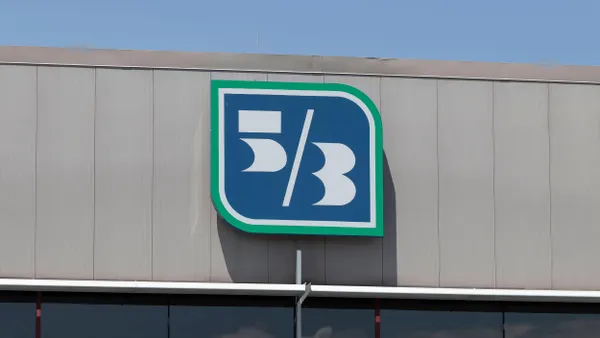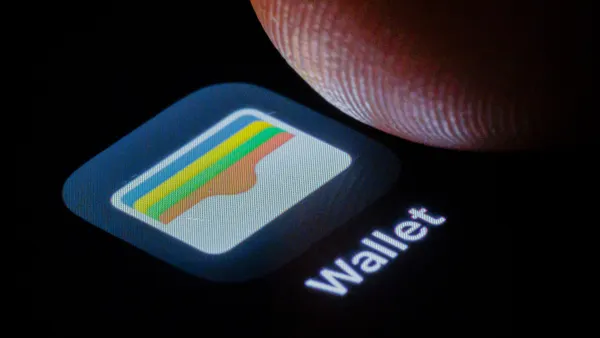Dive Brief:
-
Facebook’s plan to launch its own cryptocurrency has caught the attention of lawmakers in Washington, with both the Senate Banking Committee and the House Financial Services Committee scheduling hearings regarding the new currency in the coming weeks.
-
Facebook first announced plans to create its own digital coin, Libra, with the release of a white paper last month.
-
The Silicon Valley-based company said Libra, which is scheduled to launch in early 2020, is already backed by dozens of companies, including Uber and Mastercard, and will be managed by an independent nonprofit organization called Calibra.
Dive Insight:
Widespread adoption has been a struggle for cryptocurrencies, but for a behemoth such as Facebook, adoption is a hurdle that could be nonexistent, as they already have a built-in customer base.
Facebook’s foray into the digital currency market means more than 2.7 billion of its customers, which include Instagram, Messenger and WhatsApp users, could be introduced to the new cryptocurrency.
This reach is likely to worry members of Congress and regulators who already butted heads with the company in the aftermath of last year’s Cambridge Analytica scandal and the Russian interference in the 2016 U.S. presidential election.
According to Coindesk, House Finance Committee Chairwoman Maxine Waters has called on the company multiple times to halt development of the cryptocurrency.
“It’s very important for them to stop right now what they’re doing so that we can get a handle on this,” she told CNBC.
Facebook CEO Mark Zuckerberg has said the new currency is primarily intended for the millions of "unbanked" people around the world, those who don't have access to traditional bank accounts.
JPMorgan Chase CEO Jamie Dimon, who has spoken out on the currency’s potential impact on the banking industry, told Yahoo Finance he doesn’t see Facebook as a threat to his company. “We move $6 trillion a day around the world,” he said. “It is very cheap, very secure, it works. And the banking system has already built Zelle, real-time P2P and The Clearing House, with the banking system built real-time payments.”
Through the digital payment network Zelle, banks can compete with other money transfer apps such as Venmo and Cash, allowing customers to send money to friends and family through a bank’s mobile app.
The U.S.'s largest banks — including JPMorgan Chase, Bank of America and Wells Fargo — use the network.
The Senate Banking Committee and the House Financial Services Committee have yet to announce who will be called to testify at the two hearings, scheduled for July 16 and 17.













